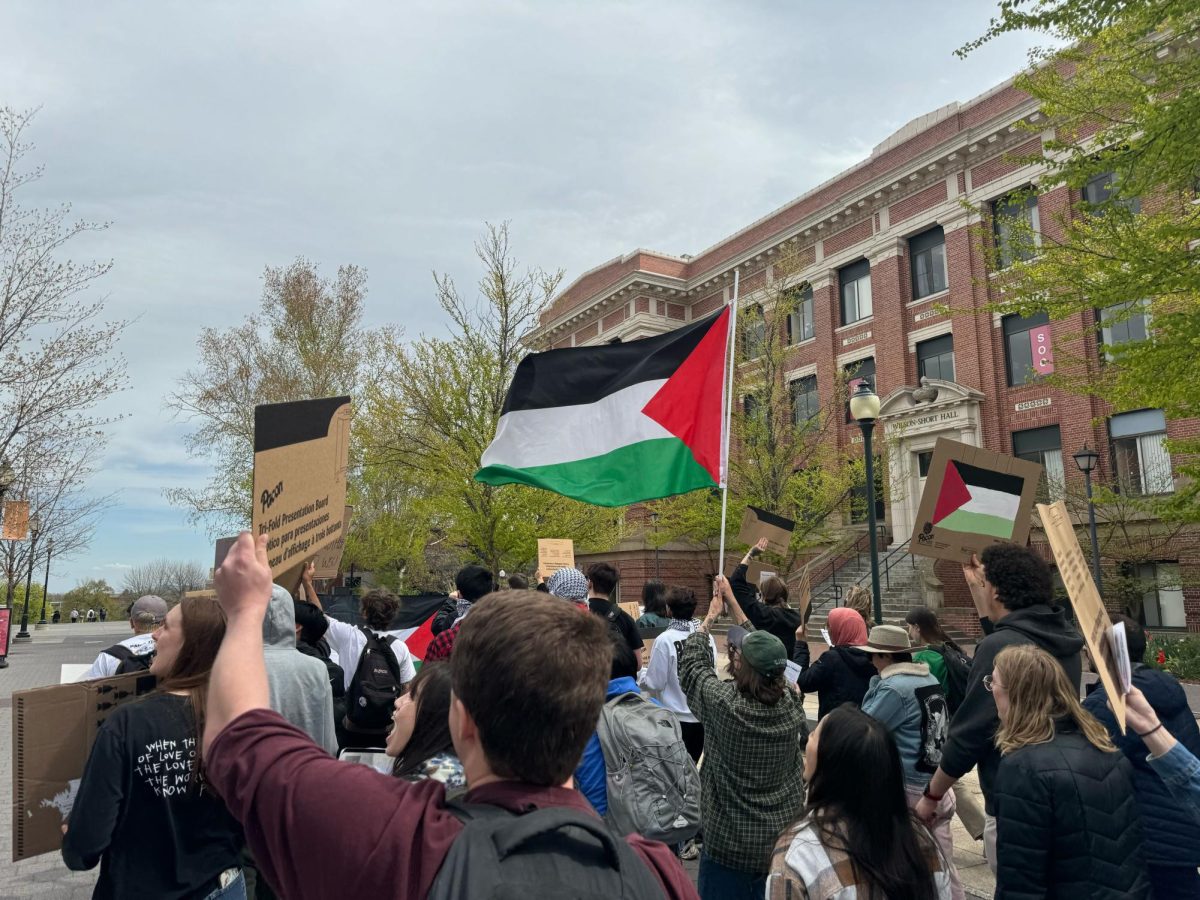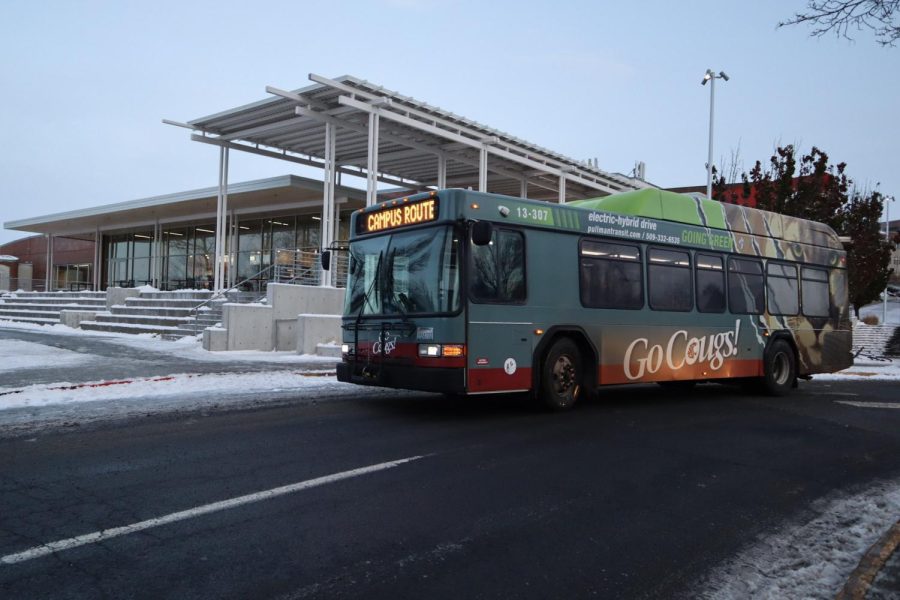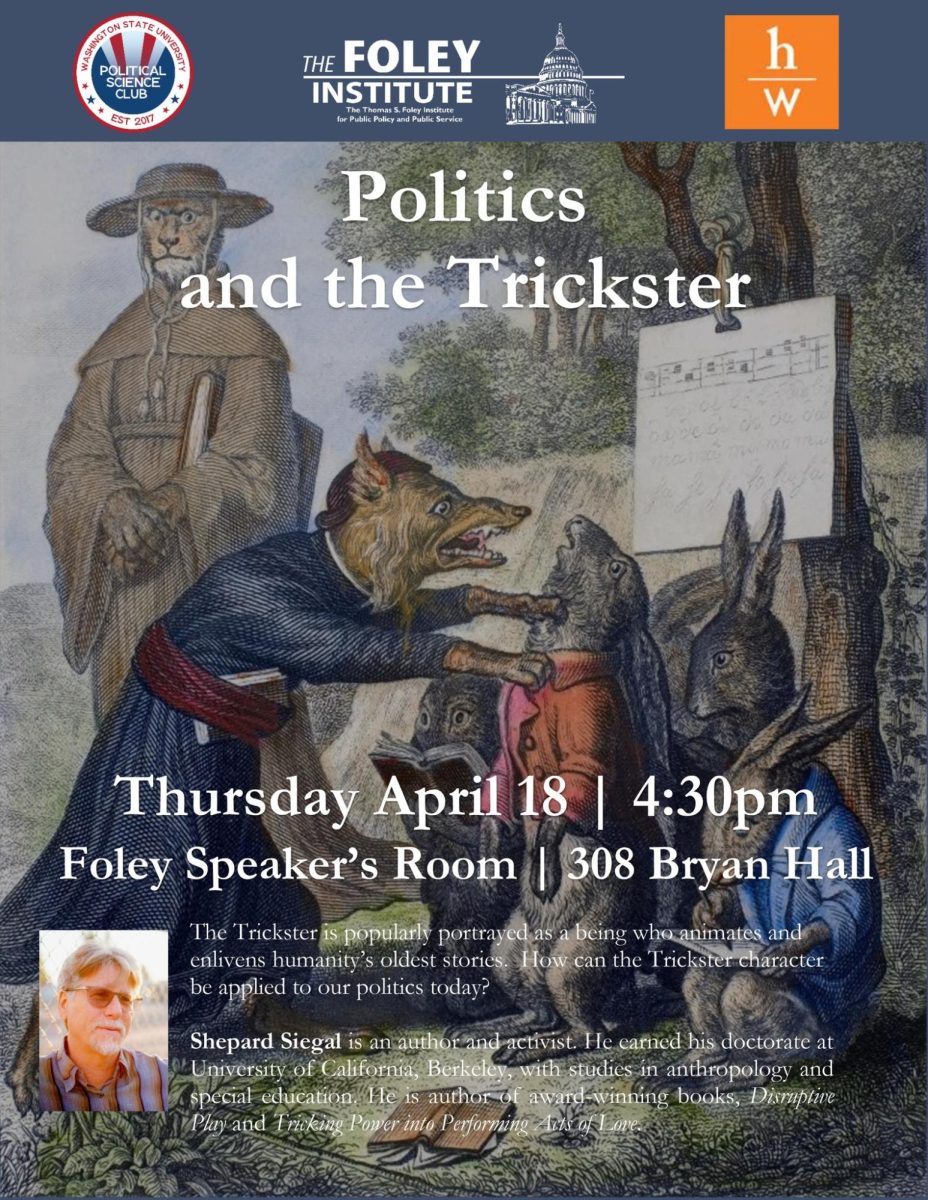Anne Pisor, WSU associate professor of anthropology, edited a special edition of the scientific journal Philosophical Transactions of the Royal Society B: Biological Sciences.
The issue took a global perspective of adaptations to climate change for communities living on the front lines, already feeling the effects of a shifting climate on their own stability.
The special issue consisted of 13 scholarly papers focusing on aspects of climate change adaptation from communities all around the globe. Pisor said she hopes to extend the reach of the information presented further than the academic journal.
Climate change adaptations on a global scale is a big topic to tackle, Pisor said. She had a few main goals in mind while editing this issue, including emphasizing the importance of incorporating input from local communities.
“There’s a tendency to think that [scientists] from the West know better,” Pisor said. “That is not a good starting point when you’re not the one living on the front line.”
Equally essential are the brass tacks of research, to systematically study how locally emergent adaptations come about and how we can foster local ideas so that they have a chance to take hold and spread, Pisor said. When it comes to providing international aid, knowing how and why local adaptations came into use is critical.
Jan Boll, professor civil and environmental engineering professor, focuses on climate change-related research and community-engaged scholarship. He said the role of scientists in considering local adaptations to climate change is to find the correct understanding of communities’ capacity to achieve climate adaptation and then to be able to provide solutions that fit that capacity.
Pisor said she wanted the special issue to communicate that climate adaptation is an imperfect process that will require continual re-examination. A top priority is making sure that people do not lose their livelihoods when ideas don’t pan out.
“It’s not all going to unfold perfectly,” she said, “There will be ideas that don’t work. We are using something that worked well in the past, but given how conditions are changing now, they may not work as well as they used to.”
Equally important as meeting her goals in editing the issue is getting the message out beyond the Philosophical Transactions journal, she said. In reflection about her experience writing a blog post for the journal concerning the special issue, Pisor said in academia, what often happens is scientists get really good at writing for a specific audience and that writing gets rewarded.
“When we try to bring that message to the public or even our 100-200 level classes, we have to remember to get rid of the fine details and the jargon,” Pisor said. “I realized I needed to take a huge step back and put myself in the position of an apprentice again.”
Pisor considers the special edition of the journal to be the beginning point of the necessary communication about frontline climate change adaptation and believes that each of the 13 articles is “like a rod in the fire,” offering each author the chance to get invited to speak in more public events and get the word out about how to help communities facing climate change in the immediate future.

















